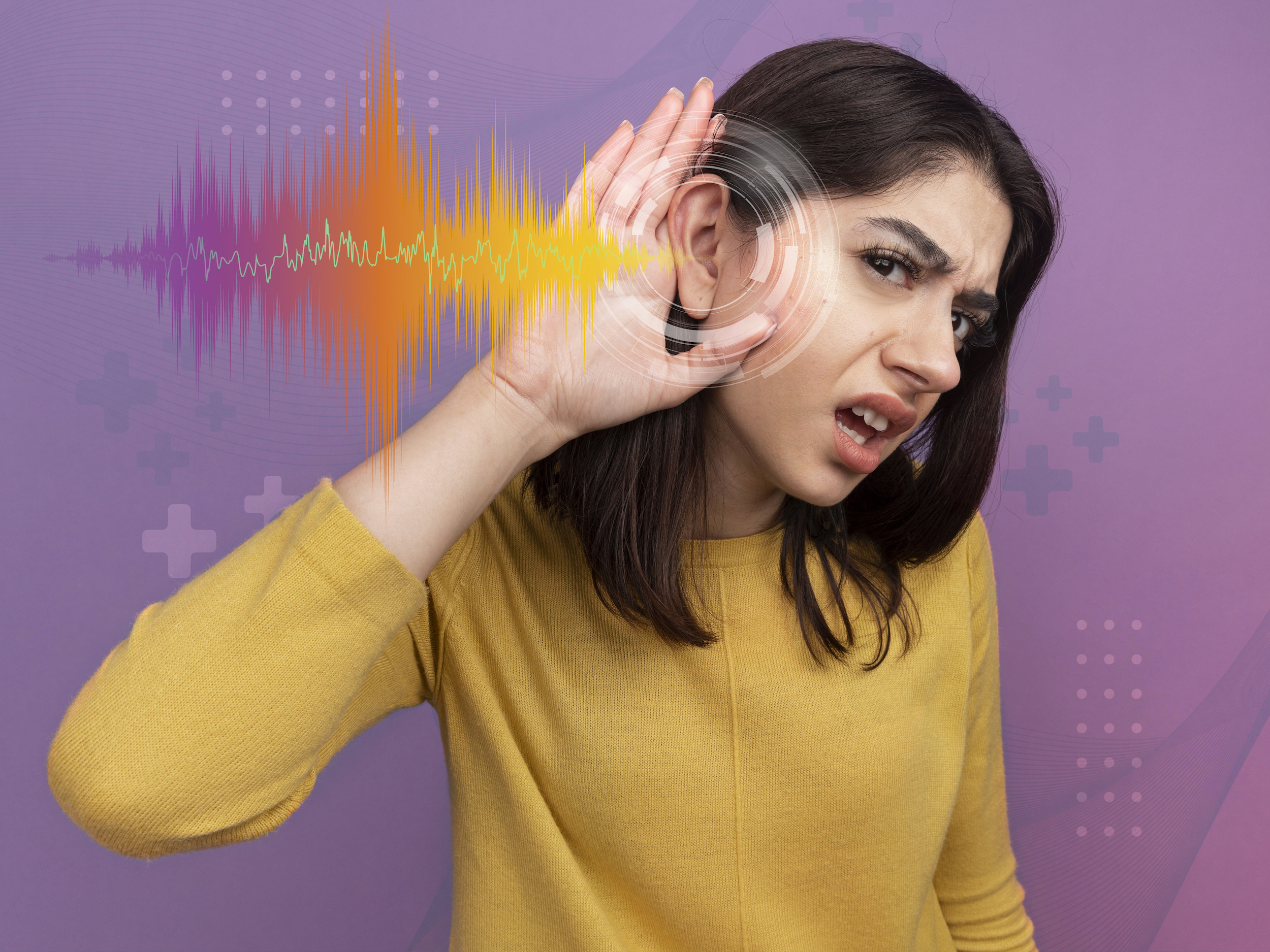The links between hearing loss and balance disorders: a discovery by Montpellier researchers
Have you ever felt dizzy or unsteady? These symptoms, which affect 20-30% of the adult population, can be very annoying and often lead to medical attention. But determining the origin of these disorders can be complex, as they can be caused either by a problem in the inner ear, or by a disorder of the central nervous system. To better understand these mechanisms, researchers at the Institut des neurosciences de Montpellier (INM) have focused on the links between the hearing and balance organs of the inner ear.
Hearing tests to detect vestibular disorders
The inner ear is made up of two parts: the vestibule, responsible for balance, and the cochlea, responsible for hearing. These two organs share anatomical and functional similarities, with similar specialized cells and a presence in the same fluid. This is why the researchers hypothesized that balance disorders could be detected using auditory tests, which are simpler and quicker than the vestibular tests traditionally used.
To test this hypothesis, researchers analyzed data from 1,115 patients who consulted for balance disorders between 2015 and 2020. They were able to group patients into six distinct groups based on their hearing test results. These groups were associated with different types of balance disorders, such as vestibular migraines, age-related hearing loss, or asymmetric vestibular damage.
Implications for the diagnosis and management of balance disorders
This study confirms that the cochlea and vestibule are closely linked, and that their aging can lead to balance disorders. Hearing tests could therefore be used to detect these disorders and guide patients towards appropriate treatment. In addition, the researchers plan to use Big Data and artificial intelligence techniques to go even further in understanding these mechanisms and find new links to study.
In conclusion, this discovery by the Montpellier researchers could have a major impact on the diagnosis and management of balance disorders, by enabling faster, less invasive detection. However, further research is still needed to develop these promising results.
Jean-Luc Puel heads the Audition: deafness, tinnitus and therapies team at the Montpellier Neuroscience Institute (INM, Inserm/University of Montpellier Unit 1298).
Sources
Nicolas-Puel C. et al. Audiometry as a predictive proxy for balance dysfunction. Scientific Reports, April 2025 ; doi : 10.1038/s41598-025-97995-0
This article has been adapted from content published by Inserm. Find the source article and all references on the Inserm website.

